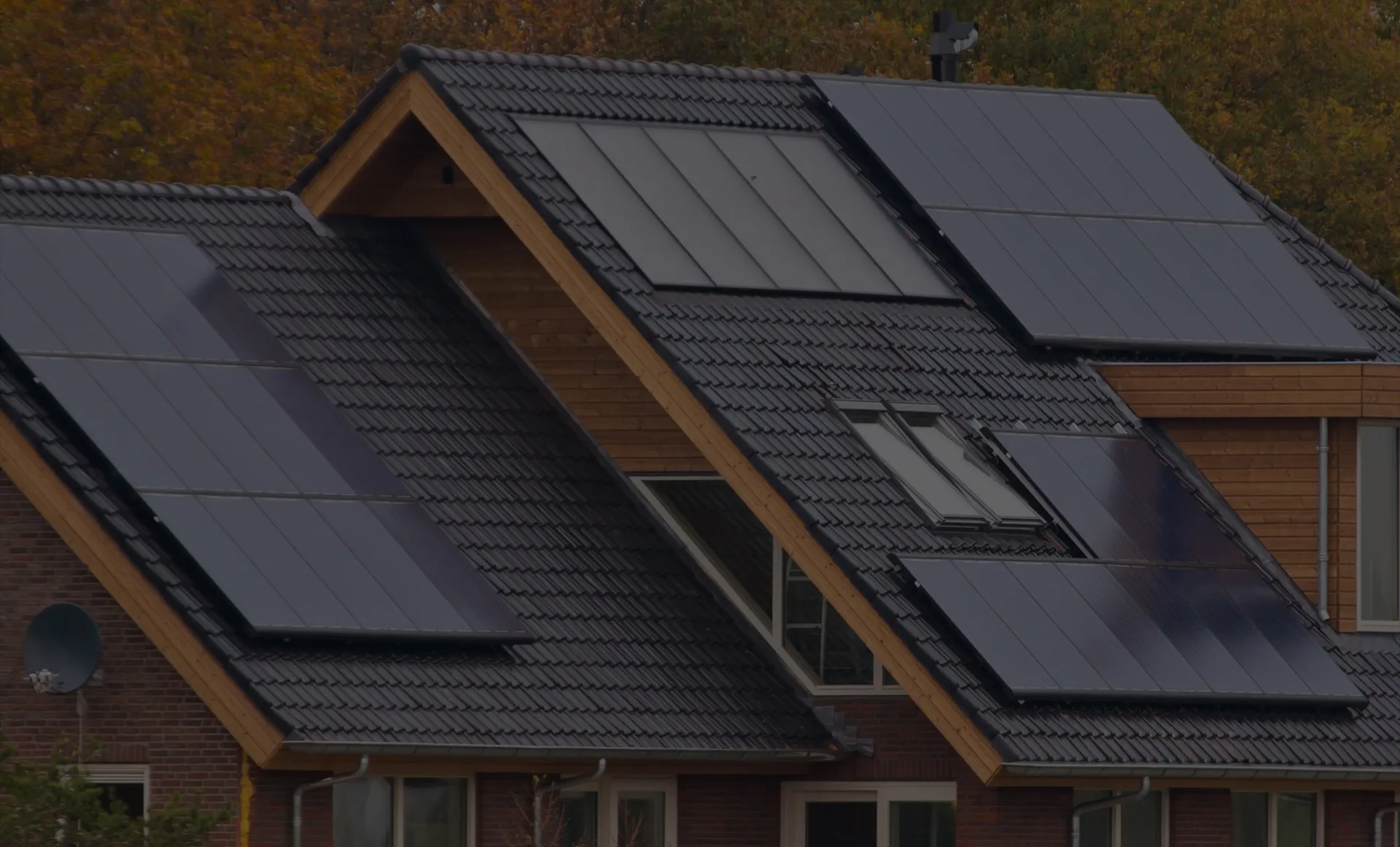Benefits and Features of Independent Solar Panel Installations for Sustainable Energy Solutions
Free Standing Solar Panels A Guide to Solar Energy Efficiency
In the quest for sustainable energy solutions, solar power has emerged as a frontrunner. Among the various configurations available, free standing solar panels are gaining traction as an effective way to harness solar energy. Unlike rooftop installations, free standing solar panels offer flexibility in placement, optimize sun exposure, and provide a range of applications from residential properties to large-scale solar farms.
Understanding Free Standing Solar Panels
Free standing solar panels are solar photovoltaic (PV) panels mounted on a support structure instead of being attached to a building. This allows them to be positioned in open areas where they can capture maximum sunlight without obstructions from roofs, trees, or other structures. These setups can vary in design, from simple fixed mounts to adjustable tracking systems that follow the sun's path throughout the day.
Advantages of Free Standing Solar Panels
1. Optimal Sunlight Exposure One of the primary benefits of free standing solar panels is their ability to be positioned for optimal sunlight exposure. By situating panels in locations with minimal obstructions and ideal angles, energy production increases significantly compared to many rooftop installations, which might be limited by the pitch and orientation of the roof.
2. Scalability and Flexibility Free standing installations are particularly well-suited for large-scale applications. They can be deployed in fields or unused land areas, enabling energy companies to scale their operations efficiently. This flexibility also applies to residential customers who may have limited roof space but ample land.
3. Easier Maintenance and Replacement Accessing free standing solar panels is generally easier than rooftop systems, making maintenance and replacement more straightforward. Regular cleaning and monitoring of panel performance can be conducted without the risks associated with working at heights, ensuring that systems run optimally.
4. Reduced Roof Load For homeowners and businesses concerned about the structural integrity of their buildings, free standing systems alleviate the weight that solar panels place on rooftops. This is particularly beneficial for older buildings or those not designed to support additional weight.
free standing solar panels

Considerations for Free Standing Solar Panel Installations
While free standing solar panels offer numerous advantages, there are several factors to consider
1. Space Requirements These systems require a significant amount of land. Homeowners with limited outdoor space may find that rooftop solar installations are more feasible. Businesses should evaluate available land carefully to ensure that it can accommodate the desired number of panels.
2. Local Regulations and Permits Before installing free standing solar panels, it’s important to check local zoning laws and obtain any necessary permits. Depending on the location, there may be specific regulations regarding land use and solar energy installations that must be adhered to.
3. Environmental Impact Although solar panels are a clean energy solution, their installation can disrupt local ecosystems. Therefore, it is crucial to assess the environmental impact and choose locations that minimize harm to wildlife and the natural habitat.
4. Initial Investment and Returns The upfront costs of free standing solar panels can be higher than conventional rooftop installations, especially when factoring in land preparation and structural mounting. However, they often lead to greater long-term returns due to increased energy production and potential savings on energy bills.
Conclusion
Free standing solar panels represent a versatile and efficient means of harnessing solar energy for various applications. They provide significant advantages in terms of sun exposure, maintenance, and flexibility for larger systems. As technology advances and the demand for renewable energy continues to rise, free standing solar installations are likely to play an increasingly vital role in the sustainable energy landscape. For those considering solar energy options, evaluating the potential benefits of free standing panels can open new avenues for energy independence and conservation. As the world continues to pivot toward cleaner energy sources, embracing solar innovations like free standing installations will be essential in reducing our carbon footprint and promoting a more sustainable future.
-
String Solar Inverter: The High-Efficiency Solution for Smart Solar EnergyNewsJul.14,2025
-
Revolutionizing Rooftop Energy with the Power of the Micro Solar InverterNewsJul.14,2025
-
Power Independence with Smart Off Grid Solar Inverter SolutionsNewsJul.14,2025
-
On Grid Solar Inverter: Powering the Future with Smart Grid IntegrationNewsJul.14,2025
-
Monocrystalline Solar Panels: High-Efficiency Power for the Future of Clean EnergyNewsJul.14,2025
-
Bifacial Solar Panel: A Smarter Investment for Next-Generation Energy SystemsNewsJul.14,2025







